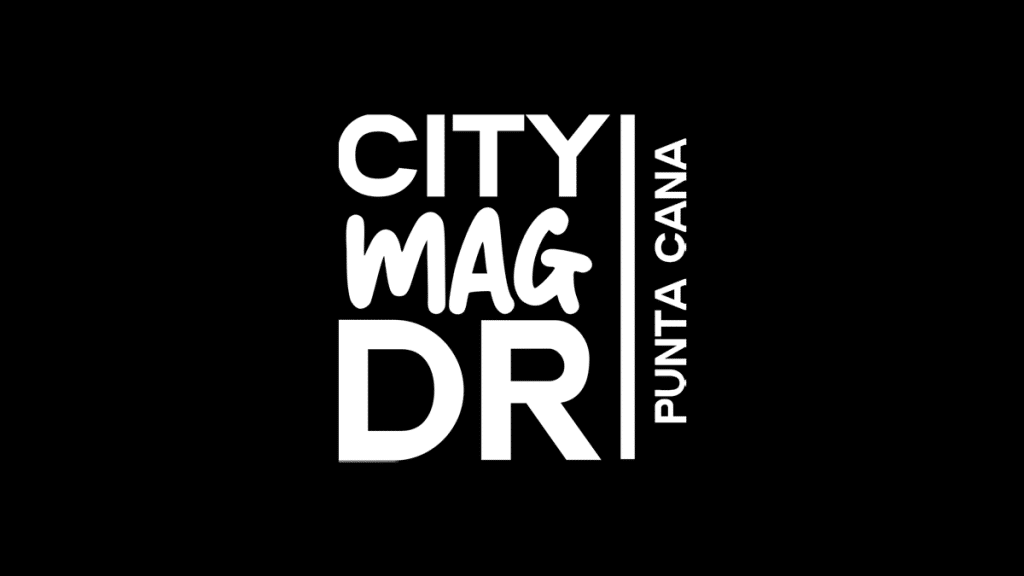In this video, Norberis provides you with some thoughtful considerations when contemplating relocation and moving to the Dominican Republic. Drawing from her own and her husband’s experiences, she offers valuable insights to guide your decision-making process.
1. Research and Preparation
Before making the move, gather information about the Dominican Republic. Understand the cost of living, healthcare system, and job market. It’s crucial to also consider what activities and lifestyle you envision for yourself while living in the Dominican Republic. Whether it’s exploring the local culture, starting a business, or enjoying retirement, having a clear idea of your goals will help you plan effectively.
2. Legal Documentation
Ensure your passport is valid for at least six months beyond your planned arrival date. Apply for the necessary visa or residency permit. The Dominican Republic offers various visa options, including temporary and permanent residency, so choose the one that best fits your needs.
3. Healthcare
Research healthcare options and consider international health insurance. The Dominican Republic has both public and private healthcare systems. Expats often prefer private healthcare for its higher standards and shorter wait times.
4. Accommodation
Decide whether you’ll rent or buy property. Renting is a good option for newcomers, allowing you to explore different areas before committing. Before buying a property, it’s essential to establish your preferences and needs for your future location. Consider proximity to schools, hospitals, nightlife, restaurants, and other amenities that are important to you. Websites like Encuentra24 and local real estate agents can help you find suitable housing.
5. Finances
Open a local bank account to manage your finances easily. Transfer funds and consider the currency exchange rates. Notify your current bank about your move to avoid any account freezes due to foreign transactions. It’s crucial to have sufficient personal financial resources, as the cost of living can vary significantly and unexpected expenses may arise. Ensure you have at least six months’ worth of personal finances, or more if possible, to avoid being caught off guard, as settling in can be more challenging than anticipated.
Create a provisional budget to estimate your expenses, including housing, utilities, groceries, transportation, and leisure activities. Once you arrive, regularly reassess and adjust your budget based on your actual experience. Effective budget management is vital to avoid financial stress and ensure a smooth transition to your new life.
6. Packing and Shipping
Create a packing list and decide what to take with you. Sell or donate items you don’t need. Hire a reputable international moving company to ship your belongings. Label boxes clearly to make unpacking easier.
7. Employment
Finding a job in the Dominican Republic can be challenging, especially if you do not speak Spanish fluently. The local job market is competitive, and many positions require specialized skills or local experience. Additionally, salaries in the Dominican Republic are generally lower than those in developed countries, so it’s important to manage your expectations and budget accordingly. Consider remote work options or freelance opportunities that allow you to earn an income while living abroad.
8. Affairs in Your Home Country
Moving abroad also means handling your affairs in your home country. Decide what to do with your personal belongings, including appliances, books, and your car. If you don’t plan to return, consider selling these items on marketplace websites to ease your transition and generate extra funds. Alternatively, if your car is less than five years old, you might consider importing it to the Dominican Republic. Carefully study the transport costs, customs duties, and taxes to determine if it’s a worthwhile option. Manage your subscriptions, notify your local post office, and update your address with relevant institutions. Ensure that your tax obligations are met and consider how your move might impact your financial and legal responsibilities at home.
9. Culture and Language
Learn basic Spanish phrases to help you navigate daily life. Embrace the local culture, traditions, and cuisine. Understanding the cultural nuances will enhance your experience and help you integrate smoothly. Additionally, personal appearance is important in Dominican culture. Despite the sunny weather, it’s essential to present yourself neatly and appropriately. Dominicans can be sensitive to how you appear and dress, so make an effort to dress well and maintain good personal hygiene.
10. Transportation
Decide whether you’ll need a car. Public transportation is available, but having a car can offer more convenience. Remember to get your driver’s license translated and check if you need an international driving permit.
By following this checklist, you’ll be well-prepared for your move to the Dominican Republic. Enjoy your new adventure in this beautiful country!









